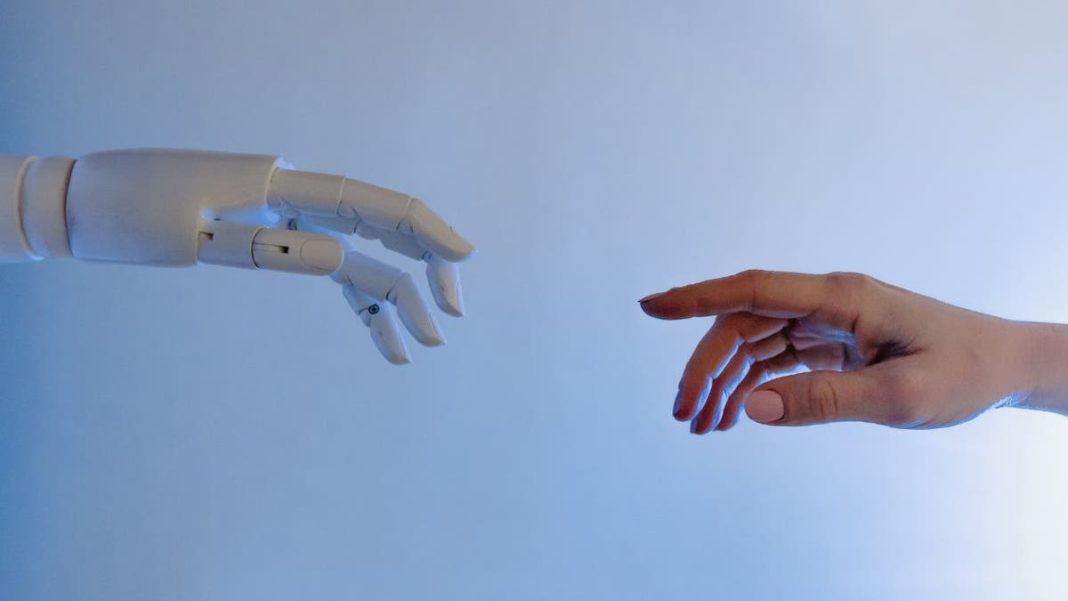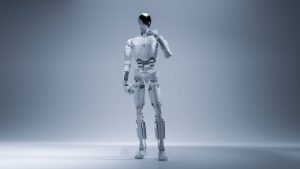Ohio Lawmaker Proposes Ban on AI Personhood and Marriage
An Ohio legislator has introduced groundbreaking legislation that would prevent artificial intelligence systems from being granted legal personhood rights – including a specific ban on marrying AI entities.
Key Takeaways
- House Bill 469 would classify AI as “nonsentient entities” with no legal rights
- The legislation explicitly prohibits marriage between humans and AI systems
- Human developers and owners would bear full legal responsibility for AI actions
- Ohio joins several states establishing legal boundaries for artificial intelligence
What the AI Personhood Ban Would Accomplish
Republican Representative Thaddeus Claggett, who chairs the House Technology and Innovation Committee, introduced House Bill 469 to maintain human control over increasingly sophisticated AI systems. The legislation would prevent AI from owning property, managing bank accounts, or serving as corporate executives.
“We see AI as having tremendous potential as a tool, but also tremendous potential to cause harm,” Claggett explained. “We want to prevent that by establishing guardrails and a legal framework before these developments can outpace regulation.”
The bill ensures that if an AI system causes damage or makes errors, responsibility remains with the human developers, owners, or operators rather than the technology itself.
Why Ohio is Acting Now
The timing reflects growing concerns as AI becomes more integrated into daily life and business operations. Ohio has already begun requiring schools to establish AI usage policies, and major data centers are being constructed across the state to support AI infrastructure.
Research indicates increasing emotional connections between humans and AI. A Fractl marketing survey found 22% of users reported forming emotional bonds with chatbots, while 3% considered them romantic partners.
National Movement Against AI Personhood
Ohio isn’t alone in this legislative effort. Utah passed H.B. 249 prohibiting courts from recognizing legal personhood for nonhuman entities including AI. Missouri introduced the “AI Non-Sentience and Responsibility Act,” while Idaho’s existing legislation reserves legal rights exclusively for human beings.
These coordinated state actions represent a growing national consensus that artificial intelligence should remain a tool rather than gain legal standing equivalent to people.
Practical Implications for Ohio Residents and Businesses
For Ohio businesses, the legislation would require human oversight of AI systems handling critical functions like customer service, financial decisions, or healthcare recommendations. Companies would need to ensure humans maintain final authority over significant decisions affecting customers or operations.
For individual users, the message is clear: no matter how human-like AI conversations may feel, the technology cannot form genuine emotional or legal relationships. The bill reinforces that AI remains simulation rather than sentience.
The Ohio proposal could establish a national precedent as other states monitor its progress. The debate highlights the crucial balance between technological innovation and maintaining human control over increasingly autonomous systems.






